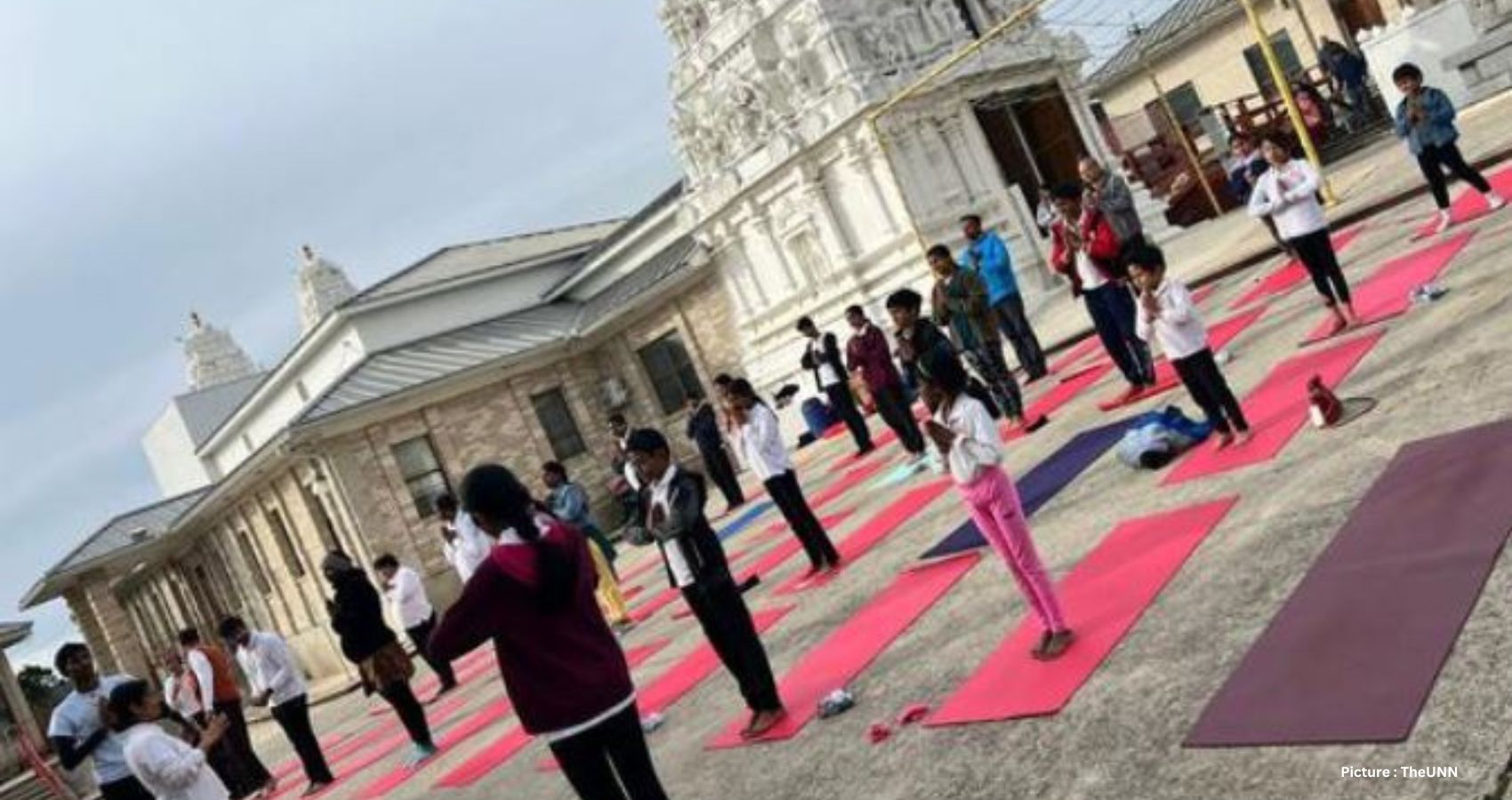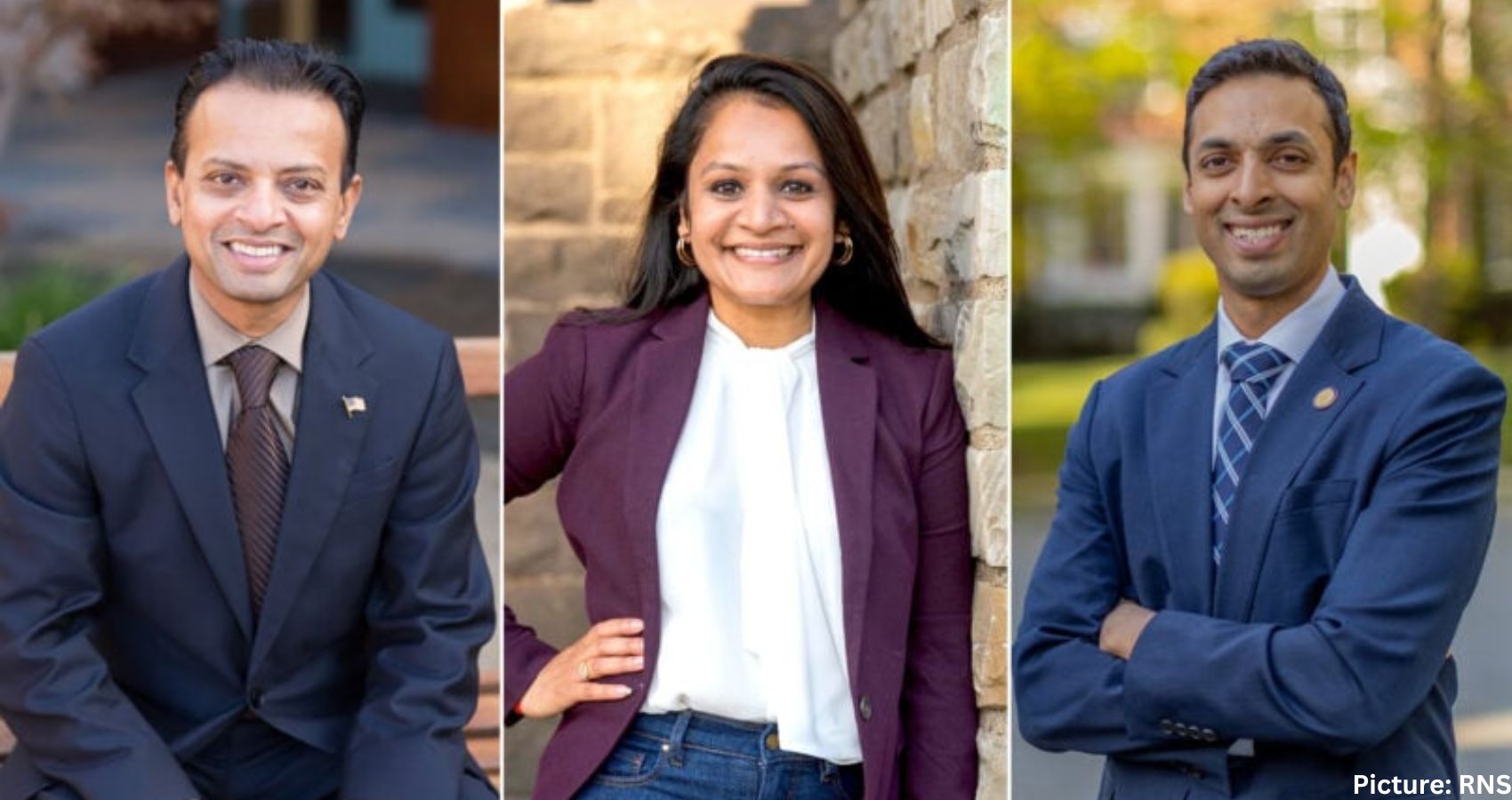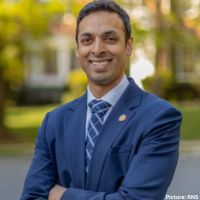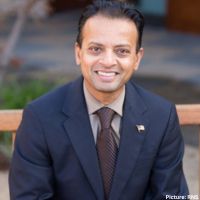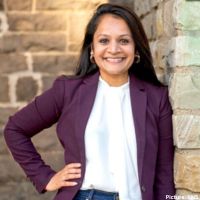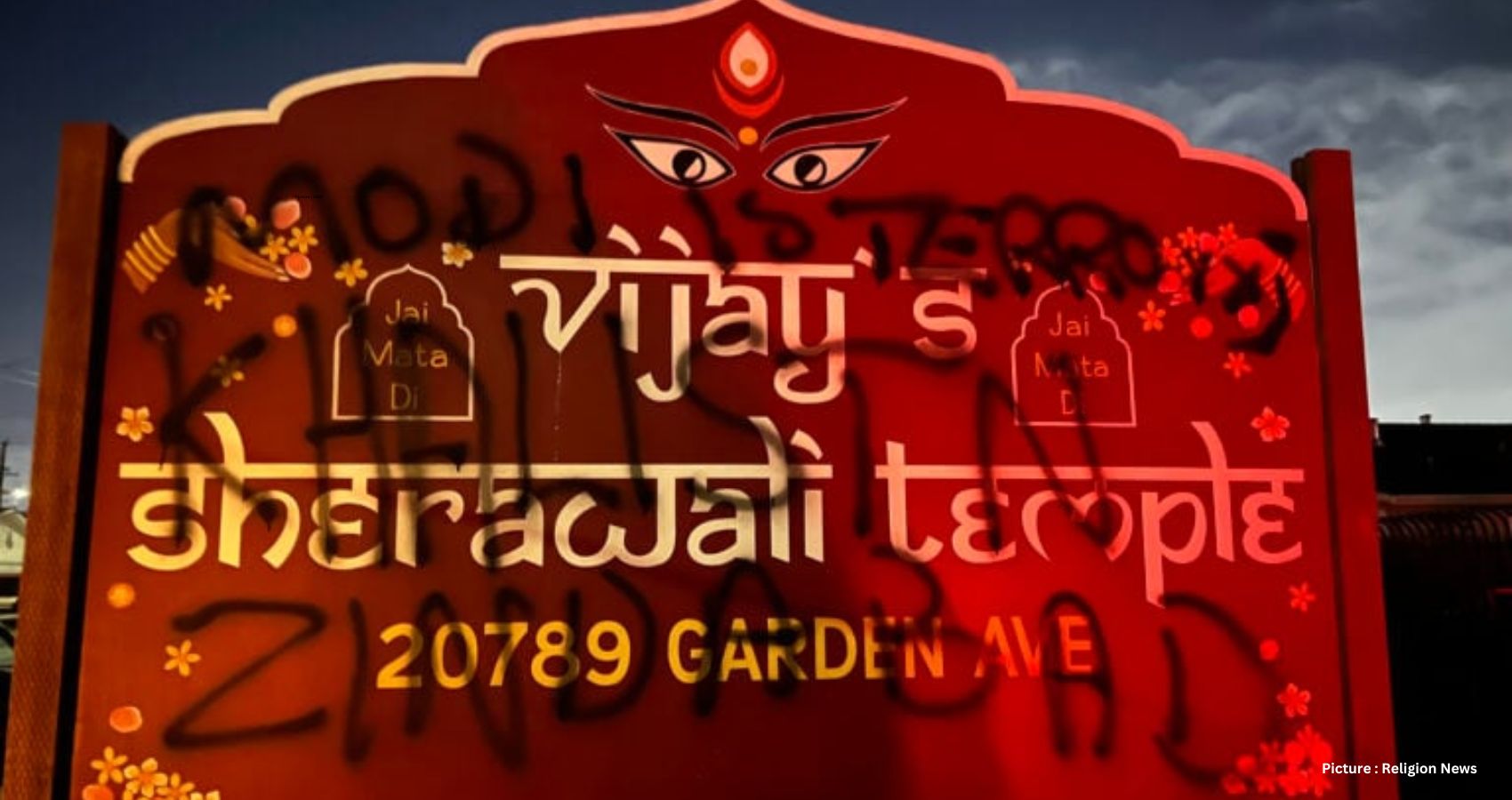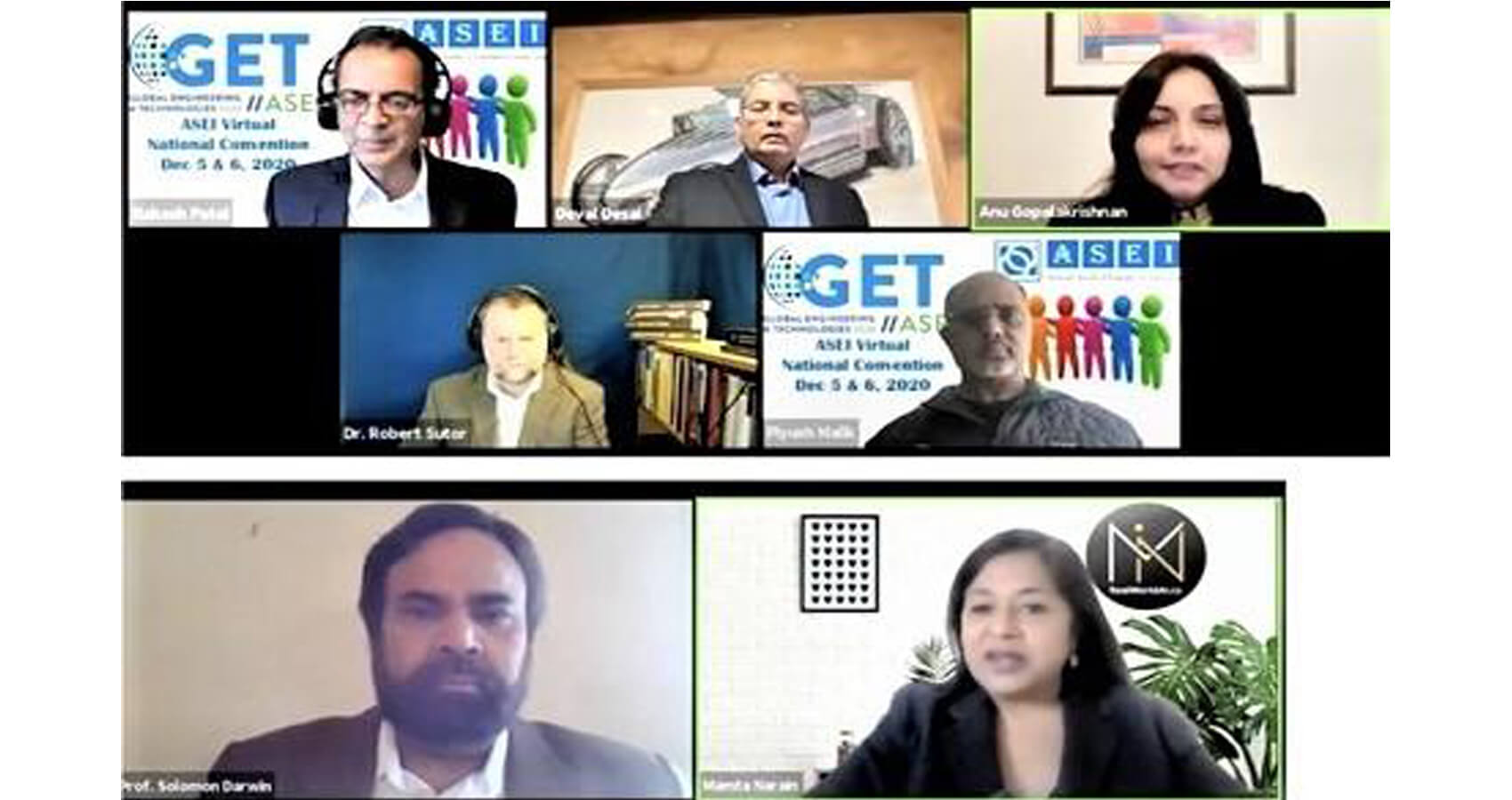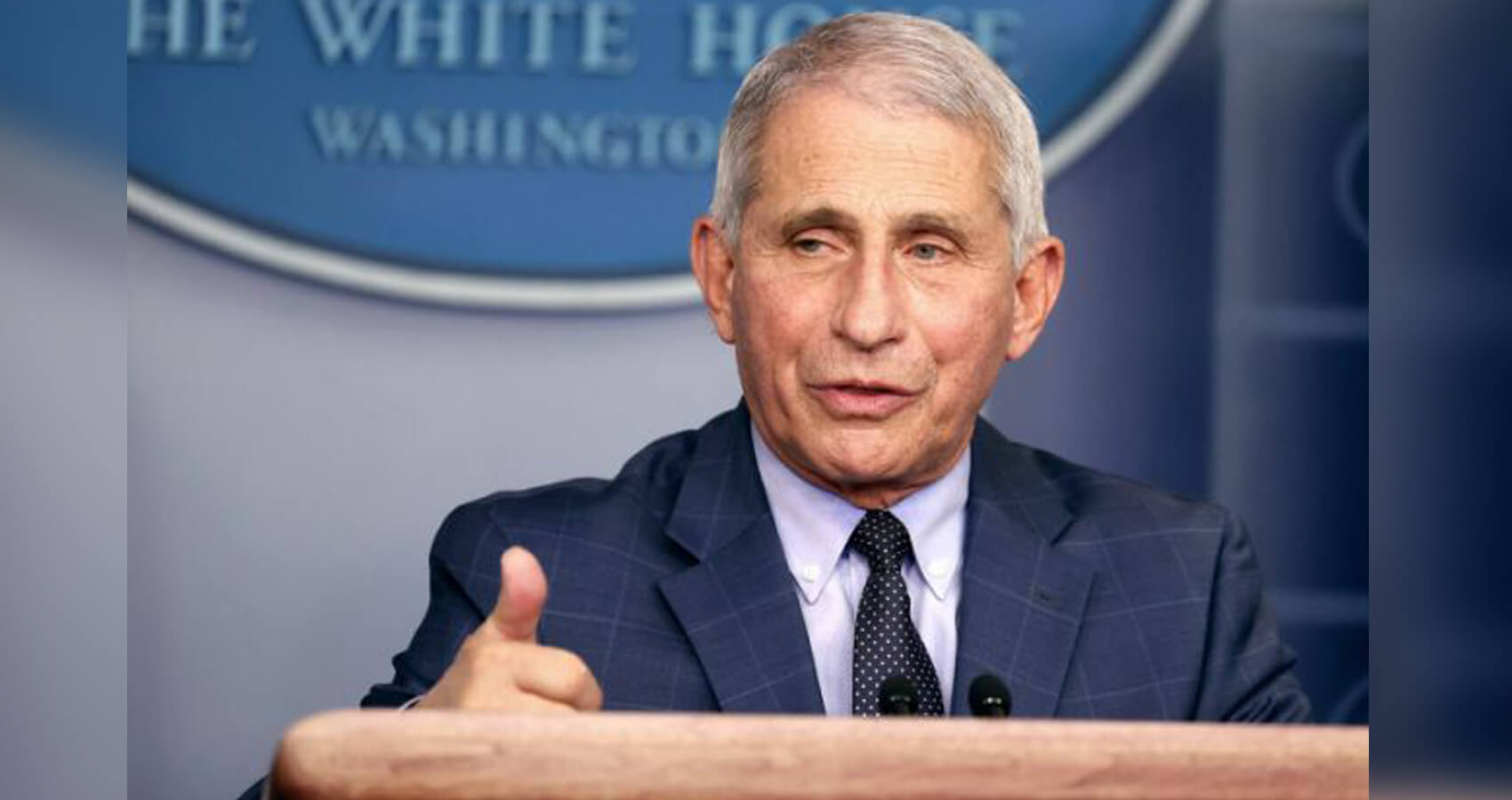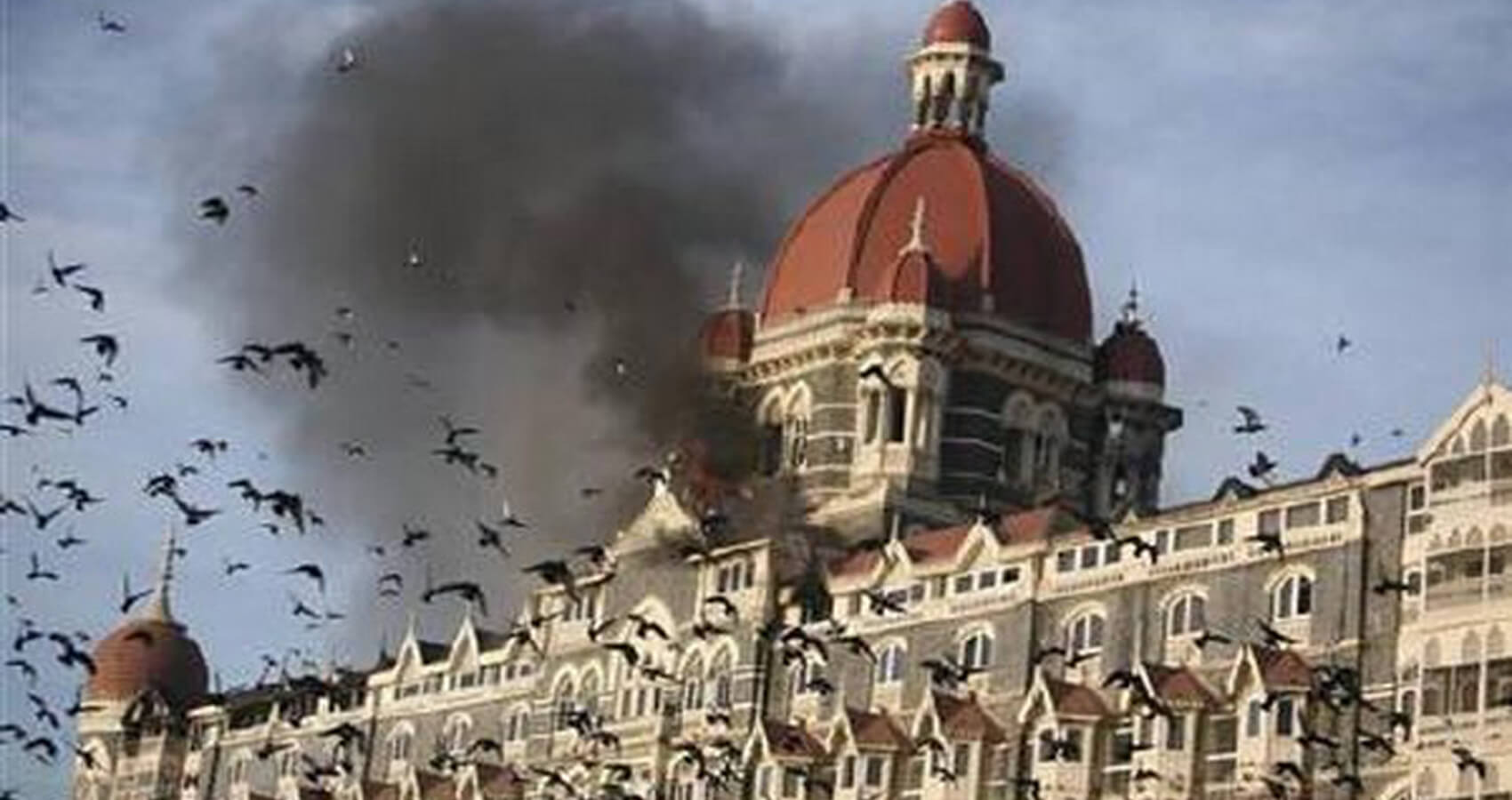The Hindu Swayamsevak Sangh USA (hssus.org), which describes itself as a “voluntary non-profit cultural organization” with more than 230 chapters nationwide, wrapped up its 17th annual “Surya Namaskar Yajna,” widely known as the “Health for Humanity Yogathon,” on January 28th, 2024.
This 16-day public health awareness initiative commenced on January 13th, 2024, introducing participants to the rejuvenating practice of Surya Namaskar, or Sun Salutation, a press release said. This yoga routine, consisting of 10 simple postures and accompanied by mindful breathing, is said to offer profound benefits for both body and mind.
The Yogathon unfolded across the nation in a relay format, blending virtual and in-person events from the East Coast to the West Coast.
Over 15,585 participants from 36 states collectively completed nearly 925,051 repetitions of the Surya Namaskar sequence. Notably, 4,640 teachers and students from 35 schools contributed close to 50,000 repetitions, underscoring the program’s educational impact. Temples, community centers, and marathon events further enriched the initiative, with enthusiasts completing over 100 sets per person at various locations.
Since its inception in 2007, the Health for Humanity Yogathon has served as a flagship event for HSS, promoting the holistic benefits of yoga for individuals and communities. Elected officials, including US senators, governors, state representatives, and mayors, endorsed the Yogathon through official proclamations, encouraging widespread participation in this health-conscious endeavor.
Participants doing the Surya Namaskar during the HSS-USA nationde Yogathon. PHOTO: HSS
Educators hailed the program’s merits, recognizing its potential to foster mental tranquility and physical strength among students. A teacher from an Elementary school appreciated this program. He commented, “I feel that there are many things that the students can get from this program, not only in the mind, but also in the body. So the mind can be calming. They can learn different strategies to calm themselves down and focus. And then with their body, they can be strengthening and stretching their body and making it more strong. So these kinds of techniques are just another technique that we would learn in any other class, whether it be in physical education. This could be an extension of that, even into the classroom, where the classroom teachers can use these calming effects to maybe focus before the test, calm their minds, and be ready to engage in the next activities that we’re going to cover.”
Another school administrator reflected on her experiences, “This morning I got to do the sun salutations with some experts here at PV and I have to say it was very invigorating. I feel very both rested and ready to start my day and if I can do it I think anybody can do it. Thank you so much for the instructors.”
Reflecting on the Yogathon’s success, national project coordinator Manjunath expressed satisfaction with its role in promoting health awareness across diverse American communities.

